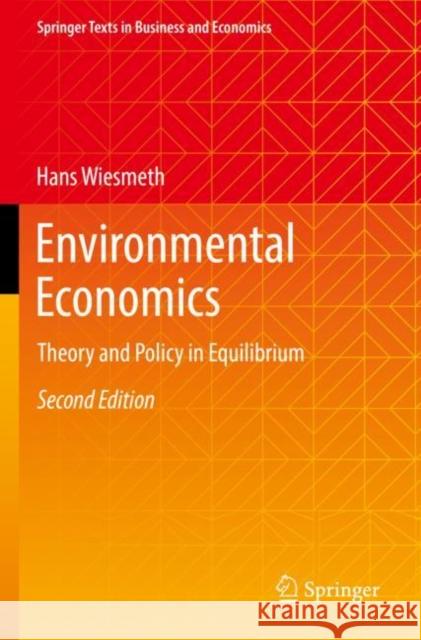ENVIRONMENTAL ECONOMICS » książka
topmenu
ENVIRONMENTAL ECONOMICS
ISBN-13: 9783031059315 / Miękka / 2023
ENVIRONMENTAL ECONOMICS
ISBN-13: 9783031059315 / Miękka / 2023
cena 193,19 zł
(netto: 183,99 VAT: 5%)
Najniższa cena z 30 dni: 192,74 zł
(netto: 183,99 VAT: 5%)
Najniższa cena z 30 dni: 192,74 zł
Termin realizacji zamówienia:
ok. 20 dni roboczych.
ok. 20 dni roboczych.
Darmowa dostawa!
Kategorie:
Kategorie BISAC:
Wydawca:
Springer International Publishing AG
Seria wydawnicza:
ISBN-13:
9783031059315
Rok wydania:
2023
Oprawa:
Miękka
Dodatkowe informacje:
Wydanie ilustrowane











